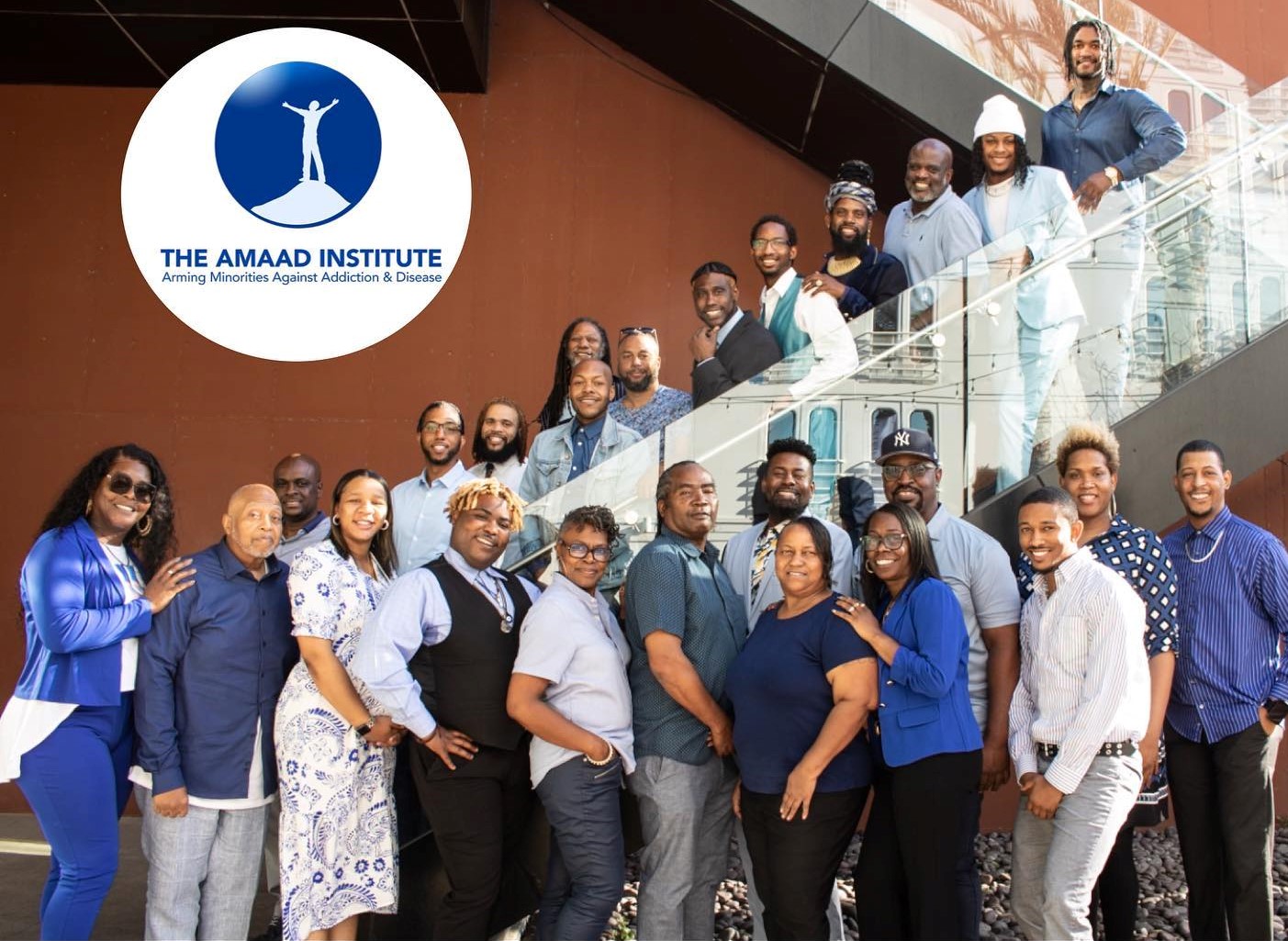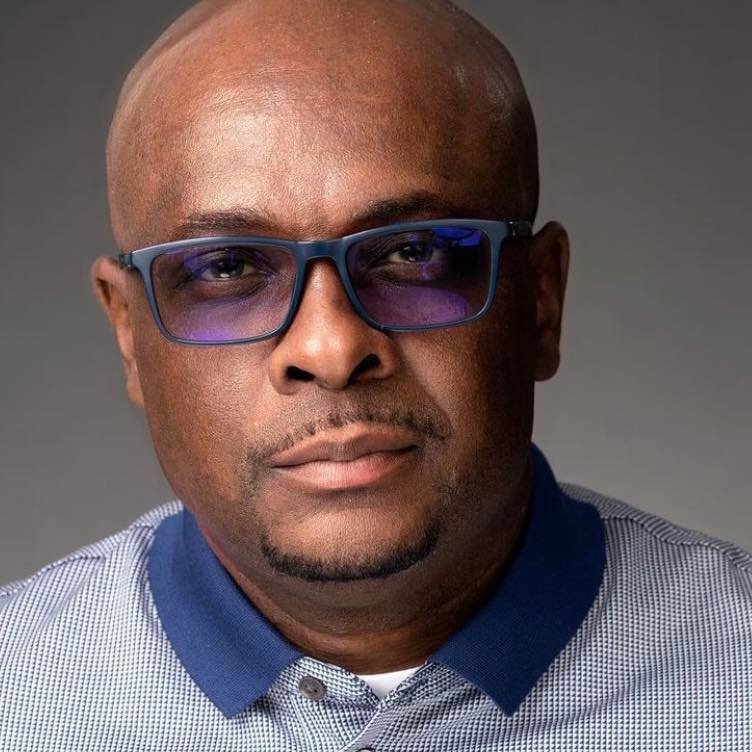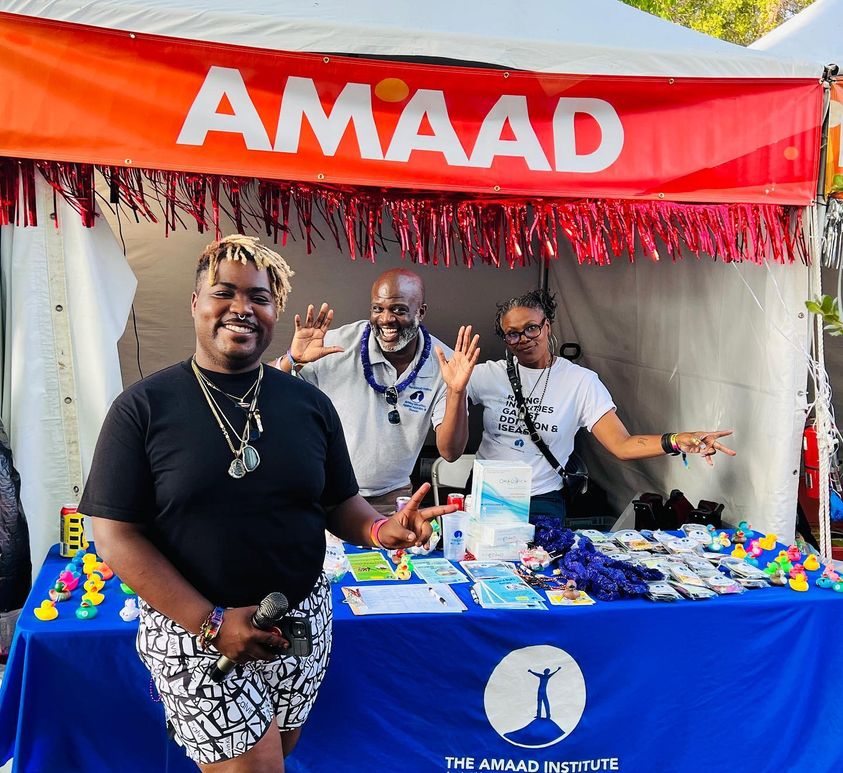June Means Pride
 Pride is a month-long celebration dedicated to centering and celebrating the LGBTQIA+ community. Since the first protest marches of the early 1970s, Pride has grown, diversified, and increased in power, support and awareness. Pride month is an opportunity for all of us to celebrate, reflect on the journey of inclusivity we find ourselves on, and continue advocating for all people in our LGBTQIA+ community.
Pride is a month-long celebration dedicated to centering and celebrating the LGBTQIA+ community. Since the first protest marches of the early 1970s, Pride has grown, diversified, and increased in power, support and awareness. Pride month is an opportunity for all of us to celebrate, reflect on the journey of inclusivity we find ourselves on, and continue advocating for all people in our LGBTQIA+ community.
In honor of Pride Month, we’re spotlighting an LGBTQIA+ serving organization from LISC LA’s Alternatives to Incarceration (ATI) Initiative’s inaugural Incubation Academy. Arming Minorities Against Addiction and Disease Institute (AMAAD) provides support services, community support, and resources centered around specialized, strength-based management and services, and leadership development with a focus on LGBTQIA+ people of color in South Los Angeles. AMAAD facilitates personalized individual access to programs and services that foster safe and supportive healthy environments for people to live, learn, and develop to their fullest potential.
As part of LISC LA’s Incubation Academy, AMAAD along with 46 other community-based organizations, received training, mentorship, and consulting to scale their capacity to address LA County’s shortage of much-needed treatment and services for justice-involved individuals. We spoke with AMAAD Founder and Chief Executive Officer, Dr. Carl Highshaw to learn more about their work.

 LISC LA: What motivates you to do this work (in the LGBTQIA+ Community)?
LISC LA: What motivates you to do this work (in the LGBTQIA+ Community)?
Dr. CH: I’m a proud Black gay man, who purposely lives my life while celebrating the nexus of my ethnic identity and sexual orientation. This identity is at the core of my being and so working on behalf of the community that I identify with comes naturally. I’m especially motivated to do this work because I have first-hand experience as to why we must continue to break barriers and dispel myths and stereotypes.
LISC LA: Tell us about your experience in the ATI Incubation Academy.
Dr. CH: I participated in cohort 1 of the ATI Incubation Academy. It was a wonderful
opportunity to build collaborative relationships with others in the field, particularly those with lived experience who are doing the work. Not only are the new partnerships good for the work we do at AMAAD, but more importantly, the Academy helped me to be better informed about contracting opportunities that can scale our work to be of service to the community.
LISC LA: What are you most looking forward to accomplishing at AMAAD? 
Dr. CH: I’m looking forward to expanding AMAAD’s housing support components for those who are especially vulnerable and need assistance. Housing support, behavioral health, and peer services combined fall within our organizational model, and increasing our support footprint will help us bring our vision of support to a new height.
LISC LA: What would you tell someone who doesn’t know about the AMAAD organization and its services for the LGBTQIA+ community?
Dr. CH: The programs at the AMAAD Institute are facilitated by individuals who are especially connected and understand our community. We do our work from a place of unapologetic inclusivity. Many of us, especially, have the ability to be empathetic and appreciate the needs of our community.




